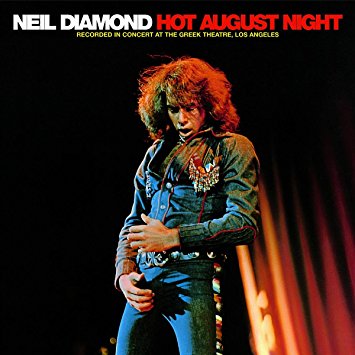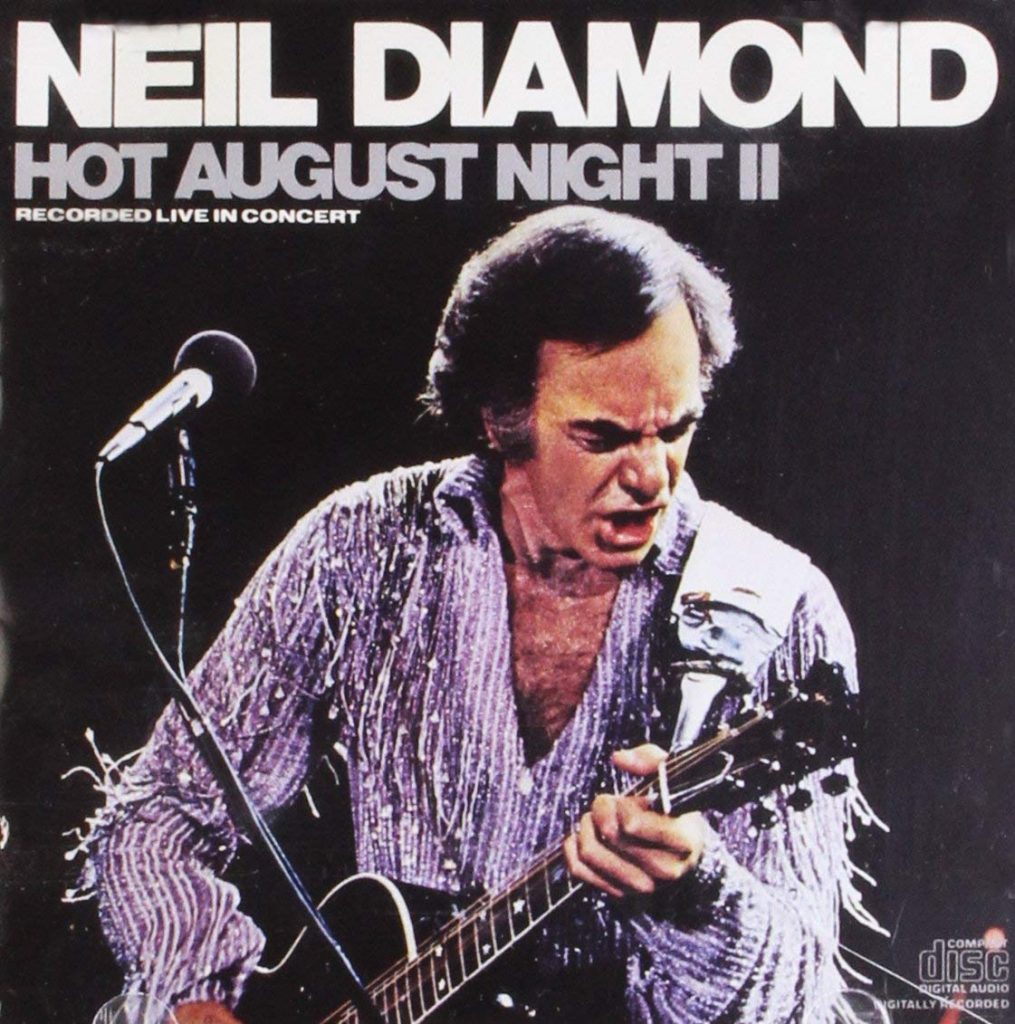Culture
WOUB-HD to Broadcast ‘Neil Diamond: Hot August Night III’
By: Emily Votaw
Posted on:
Neil Diamond is perhaps one of the most prolific hit songwriters of the 21st Century. He’s responsible for the hits one may associate with him, such as “Sweet Caroline,” “Song Sung Blue,” “Cherry, Cherry,” and dozens of others – but he’s also the man behind The Monkees’ “I’m a Believer,” and “A Little Bit Me, a Little Bit You,”; UB40’s “Red Red Wine,”; Urge Overkill’s “Girl You’ll Be a Woman Soon,” and many other tunes made popular by other artists.
On Saturday, September 22 at 8 p.m. WOUB-HD will broadcast Neil Diamond: Hot August Nights III, Diamond’s 2012 return to Los Angeles’ Greek Theater, where he first recorded his smash 1972 hit, live double album Hot August Night. The special features nearly all of the songs that Diamond is beloved for, including some that other people made more famous.
While Diamond is incredibly prolific, and honorable alone in the fact that he started his career largely as a songwriter for the legendary Brill Building; he is also perhaps one of the most denigrated figures in pop culture history – largely for the portion of his career that Hot August Night represents.

“(Neil Diamond) started out as a songwriter, and I think that he wanted to be an accepted singer-songwriter by any means necessary,” Eddie Ashworth, associate professor in Ohio University’s School of Media Arts and Studies, said. Ashworth is a three decade-plus veteran music producer, and his areas of expertise include the recording industry, song and lyric composition, sound design, history of popular music, and analog audio assessment. “It was the late ‘60s and early ‘70s, which the prime era of the singer-songwriter, so he had a lot of competition, and I think that he just discovered that he had a natural flare of showmanship. The more he adopted that persona, the more successful his career became.”
Ashworth said he sees Diamond as more fully taking on the over-the-top persona that he is besmirched for around the time that Diamond signed to Uni Records in 1968.
“They (Uni Records) were willing to promote him in that way. (…) He was a complete showman, like a mini Elvis Presley who wrote all these great songs and could perform them, and I feel like that is sort of where he became a sort of Vegas showman kind of guy, and that is where he found his greatest success,” Ashworth said.
It’s worth noting that the Hot August Night series (Hot August Night II was released in 1987,) originated in a string of 10 sold-out concerts that Diamond performed at the Greek Theater, a feat that Ashworth referred to as “pretty much unheard of.”

“(Hot August Night) is a record that crystallizes that moment in time in Diamond’s career, when he and his band of crack session musicians could sell out a venue as an artist, for better or for worse. The performance is as much about him as a showman as it is about him as an artist,” Ashworth said. “When the record came out, a lot of people liked it. It got good reviews and bad reviews, but one of the takes was that it was kind of cheesy. It was sort of like a Vegas show and it played to the sort of superficial aspects of popular music performance and that is what made him successful, that is when his career started to really take off. It’s easy to pigeonhole him as a showbiz hack because of that.”
In many ways, “Hot August Night,” and all the connotations that it brought to Diamond’s career, was just what worked best for the singer-songwriter.
“It’s not my favorite aspect of his career, although I heard it a lot when I was younger because I was forced to because it was everywhere,” Ashworth said. “But it wasn’t hard to listen to because the songs are really good, even if the stage banter in between the songs is ridiculous. It did put a stigma on him at the time, and put the focus on the more superficial and shallow aspects of his career.”

